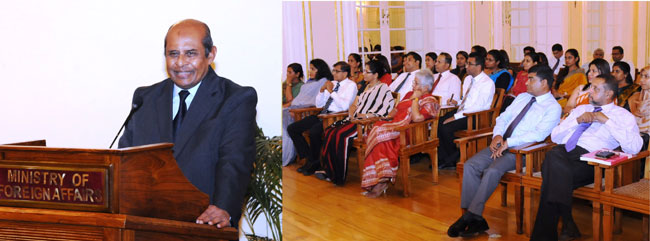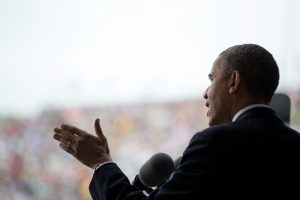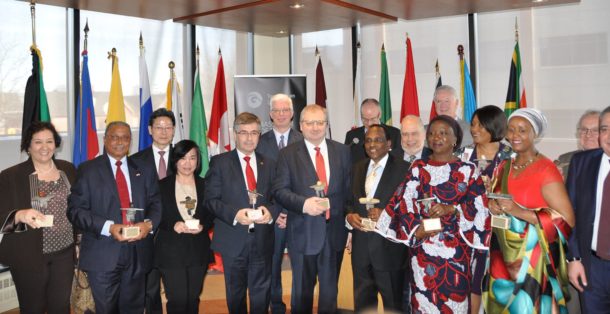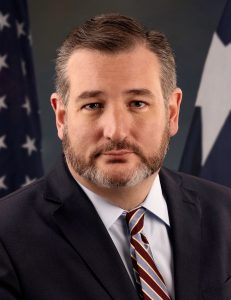adaderana.lk; see also (1) (2)
Foreign Minister Tilak Marapana has called on Sri Lankan diplomats to boost the image of Sri Lanka overseas through efficient and effective execution of public diplomacy [JB emphasis].
He has called on them to utilize its intrinsic brands such as Buddhism, gems, tea, spices, high-end export products and the warmth of traditional Sri Lankan hospitality.
Minister Marapana made these remarks at the certificate awarding ceremony on Friday (11) of the two-week long Public Diplomacy and Media Relations training programme, organized by the Ministry of Foreign Affairs for its officials in collaboration with the Sri Lanka Press Institute (SLPI) with a view to enhancing their public diplomacy and media relations skills.
The programme was attended by the officers of the 2018 intake of the Sri Lanka Foreign Service and a group of mid-level officers serving in the Ministry.
This was the first time in two decades that the Ministry organized a professional training programme dedicated to public diplomacy and media relations for its officials.
Addressing the certificate awarding ceremony, Foreign Minister Tilak Marapana stressed the importance of portraying Sri Lanka’s image overseas as a civilized nation with people full of loving kindness who feel for each other and an abundance of talent.
“That message has to be given loud and clear,” the Minister said. He urged Sri Lankan diplomats to be innovative in this image-building exercise and in changing perceptions about Sri Lanka.
The Minister also observed that skills in public diplomacy and media relations would be extremely useful in these endeavours.
Speaking at the event, Foreign Secretary Ravinatha Aryasinha said the Ministry of Foreign Affairs has a pivotal role to play in public diplomacy both at home and abroad and this rigorous training programme has equipped several groups of foreign service officers at different levels with the necessary skills to execute the public diplomacy agenda of the government for the next twenty years.
While emphasizing the necessity for diplomats to build relationships with the media, he said the two-week training programme provided a platform for the diplomats and the journalistic community to engage in understanding each other’s perspectives, paving way for an enduring relationship.
The programme which aimed at helping participants understand the concepts and methods of public diplomacy, its dimensions, and its role in the information age, was oriented to train officials in the practical application of different public diplomacy tools in their line of work.
It included lectures on theoretical aspects of public diplomacy and media relations by senior journalists, Colombo-based foreign diplomats, experts and practitioners, covering a wide range of issues including the history of public diplomacy, role of media in shaping public opinion, social media, interaction with media and the freedom of expression in the context of the RTI Act.
It also included sessions with experts and practitioners including resident foreign correspondents and diplomats, on the practical aspects of public diplomacy such as news release writing, conducting press conferences, giving interviews and using social media effectively, with participants facing mock press conferences and interviews on camera. They also visited the Sri Lanka Rupavahini Corporation, Sri Lanka Broadcasting Corporation and the Associated Newspapers of Ceylon Limited (Lake House) to gain first-hand experience of the functioning of a ‘news room’.
The participating officials also had discussions with journalists as to how Sri Lankan diplomats could do better in media relations and on the needs of media in Sri Lanka and abroad with respect to the Ministry of Foreign Affairs and Sri Lanka Missions overseas.
Senior officials of the Foreign Ministry and its affiliated institutions, officials of the Sri Lanka Press Institute and the Sri Lanka College of Journalism and resource persons of the training programme attended the certificate awarding ceremony. It was followed by a reception.
Original Article
Sri Lankan diplomats urged to boost Sri Lanka’s image overseas
Views: 0







